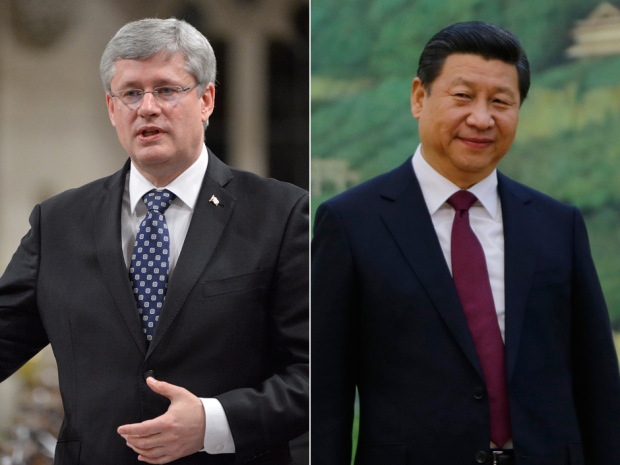 The recent initial public offering (IPO) of Chinese e-commerce giant Alibaba Group Holdings Ltd. has demonstrated that the future global economy will be increasingly focused on emerging markets and less on traditional Western economies. Ranking as the largest ever in the U.S., Alibaba has raised more than Google, Facebook and Twitter combined in its IPO.
The recent initial public offering (IPO) of Chinese e-commerce giant Alibaba Group Holdings Ltd. has demonstrated that the future global economy will be increasingly focused on emerging markets and less on traditional Western economies. Ranking as the largest ever in the U.S., Alibaba has raised more than Google, Facebook and Twitter combined in its IPO.
As leaders of the emerging market economies, China and India collectively constitute approximately 37% of the world’s population. With huge, rapidly growing populations, these two markets possess vast growth opportunities that will allow companies to grow domestically and internationally. Additionally, emerging markets have something that developed economies do not: successful role models that companies in emerging markets can model themselves after. For example, in the case of Alibaba, much of its early business models were designed after Silicon Valley firms such as Yahoo! and eBay which have already achieved great of success.
Growth Opportunities
Around a decade ago, no risk-averse investor would have opted to invest in the emerging markets, seen as riskier and less trustworthy. However, in recent years, developing economies have accounted for the largest share of international investment. Furthermore, they are continuing to attract foreign direct investment despite slowing growth and political instability. Much of this is due to the growth opportunities that accompany population growth and rise of living standards in developing nations.
With the world’s highest population growth rate, India is expected to surpass China as the most populated country in the world by 2028. Indian companies such as The Tata Group have already spent approximately $20 billion on acquisitions of foreign companies that include Tetley Group and Jaguar Land Rover. In addition, The Tata Group, among many other companies, has diversified its businesses to include a variety of industries, including Tata Motors, Tata Steel and Tata Global Beverages. This diversification allows companies to maximize opportunities for growth towards the future. Similarly, Alibaba’s hugely successful IPO can be attributed to the company’s growth potential both in China and overseas that has attracted hopeful investors.
Fighting Spirit
Companies such as Tata and Alibaba instill a sense of pride in their employees that motivates them to compete against Western companies. Although they acknowledge Western countries may be the best in certain areas, they are able to focus on their advantages and maximize their opportunities. This attitude can be seen in the early stages of Alibaba, when founder Jack Ma acknowledged that while there were some things that the company could not compete with against the U.S., they would compete in every area that they could. Employees at Tata also instill pride in how the company was able to break out of the control of the British who used to rule India. This fighting spirit and feeling that they have something to prove to the rest of the world drives companies in emerging markets to work diligently and ultimately become global competitors.
With increasing amounts of wealth and business in emerging markets, the world economy will experience significant changes that will shift its focus from traditional Western economies to emerging market economies. As leaders of the emerging markets, China and India will utilize their growth potential and increasing power to be the driving force behind this economic shift. While it remains to be seen what exactly this will result in for the world economy as a whole, investors will continue to invest heavily in the emerging markets. Kazutaka Mayuzumi




